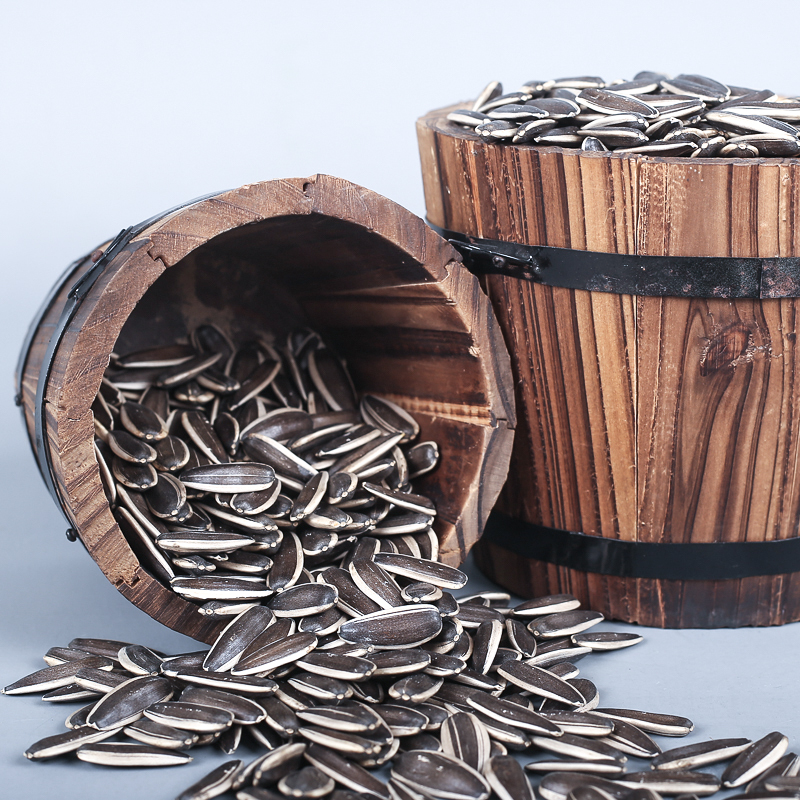-
 Afrikaans
Afrikaans -
 Albanian
Albanian -
 Amharic
Amharic -
 Arabic
Arabic -
 Armenian
Armenian -
 Azerbaijani
Azerbaijani -
 Basque
Basque -
 Belarusian
Belarusian -
 Bengali
Bengali -
 Bosnian
Bosnian -
 Bulgarian
Bulgarian -
 Catalan
Catalan -
 Cebuano
Cebuano -
 Corsican
Corsican -
 Croatian
Croatian -
 Czech
Czech -
 Danish
Danish -
 Dutch
Dutch -
 English
English -
 Esperanto
Esperanto -
 Estonian
Estonian -
 Finnish
Finnish -
 French
French -
 Frisian
Frisian -
 Galician
Galician -
 Georgian
Georgian -
 German
German -
 Greek
Greek -
 Gujarati
Gujarati -
 Haitian Creole
Haitian Creole -
 hausa
hausa -
 hawaiian
hawaiian -
 Hebrew
Hebrew -
 Hindi
Hindi -
 Miao
Miao -
 Hungarian
Hungarian -
 Icelandic
Icelandic -
 igbo
igbo -
 Indonesian
Indonesian -
 irish
irish -
 Italian
Italian -
 Japanese
Japanese -
 Javanese
Javanese -
 Kannada
Kannada -
 kazakh
kazakh -
 Khmer
Khmer -
 Rwandese
Rwandese -
 Korean
Korean -
 Kurdish
Kurdish -
 Kyrgyz
Kyrgyz -
 Lao
Lao -
 Latin
Latin -
 Latvian
Latvian -
 Lithuanian
Lithuanian -
 Luxembourgish
Luxembourgish -
 Macedonian
Macedonian -
 Malgashi
Malgashi -
 Malay
Malay -
 Malayalam
Malayalam -
 Maltese
Maltese -
 Maori
Maori -
 Marathi
Marathi -
 Mongolian
Mongolian -
 Myanmar
Myanmar -
 Nepali
Nepali -
 Norwegian
Norwegian -
 Norwegian
Norwegian -
 Occitan
Occitan -
 Pashto
Pashto -
 Persian
Persian -
 Polish
Polish -
 Portuguese
Portuguese -
 Punjabi
Punjabi -
 Romanian
Romanian -
 Russian
Russian -
 Samoan
Samoan -
 Scottish Gaelic
Scottish Gaelic -
 Serbian
Serbian -
 Sesotho
Sesotho -
 Shona
Shona -
 Sindhi
Sindhi -
 Sinhala
Sinhala -
 Slovak
Slovak -
 Slovenian
Slovenian -
 Somali
Somali -
 Spanish
Spanish -
 Sundanese
Sundanese -
 Swahili
Swahili -
 Swedish
Swedish -
 Tagalog
Tagalog -
 Tajik
Tajik -
 Tamil
Tamil -
 Tatar
Tatar -
 Telugu
Telugu -
 Thai
Thai -
 Turkish
Turkish -
 Turkmen
Turkmen -
 Ukrainian
Ukrainian -
 Urdu
Urdu -
 Uighur
Uighur -
 Uzbek
Uzbek -
 Vietnamese
Vietnamese -
 Welsh
Welsh -
 Bantu
Bantu -
 Yiddish
Yiddish -
 Yoruba
Yoruba -
 Zulu
Zulu
maj . 20, 2025 10:51 Back to list
Premium Selected Sunflower Seeds Reliable Exporters & Manufacturers
- Industry Overview: Global Demand for Premium Sunflower Products
- Technical Superiority in Seed Selection Processes
- Market Leaders: Manufacturer Comparison Analysis
- Customized Processing Solutions for Bulk Buyers
- Quality Assurance Protocols in Modern Facilities
- Successful Implementation in Food Manufacturing
- Why Partner with Selected Sunflower Seeds Experts

(selected sunflower seeds)
Meeting Global Demand for Selected Sunflower Seeds
The global sunflower seeds market reached USD 56.7 billion in 2023, with food manufacturers increasingly demanding selected sunflower seeds
meeting specific size (16-18mm) and oil content (42-45%) requirements. Major importers now prioritize suppliers demonstrating:
- ISO 22000-certified cleaning processes
- Moisture control below 6%
- 98% purity guarantees
Advanced Processing Methodologies
Leading selected sunflower seeds factories employ multi-stage optical sorting systems achieving 99.8% defect removal. Comparative analysis shows:
| Technology | Traditional | Modern |
|---|---|---|
| Sorting Accuracy | 92% | 99.6% |
| Throughput Capacity | 5 MT/hour | 18 MT/hour |
| Energy Consumption | 35 kWh/MT | 22 kWh/MT |
Manufacturer Capability Benchmarking
Top-tier selected sunflower seeds exporters demonstrate distinct operational advantages:
| Supplier | Annual Capacity | Certifications | Export Markets |
|---|---|---|---|
| AgroSeed Pro | 120,000 MT | FSSC 22000, Kosher | 23 countries |
| HeliaPrime | 85,000 MT | HALAL, BRCGS | 18 countries |
| Solaris Kernels | 65,000 MT | Organic EU | 15 countries |
Customized Commercial Solutions
Specialized manufacturers offer:
- Bulk packaging (25kg-1,000kg configurations)
- Roasting profile customization (light/medium/dark)
- Hybrid seed development (high-oleic variants)
Average MOQs start at 20 MT for commercial buyers, with 85% of clients receiving customized blends.
Quality Control Infrastructure
Modern processing plants integrate:
- X-ray foreign material detection
- Automated metal separation (sensitivity: 0.8mm)
- Real-time moisture monitoring (±0.3% accuracy)
Industry Application Case Studies
A European snack producer achieved 18% cost reduction through partnership with premium selected sunflower seeds manufacturers, implementing:
- Just-in-time delivery system
- Size-calibrated kernels (17±1mm)
- Bulk oil extraction partnerships
Strategic Advantages of Selected Sunflower Seeds Partners
Established selected sunflower seeds exporters provide supply chain efficiencies including 98.5% on-time delivery rates and comprehensive traceability systems. Current market data shows:
- 15-20% shorter lead times vs industry average
- 0.23% maximum delivery variance
- 24/7 multilingual technical support

(selected sunflower seeds)
FAQS on selected sunflower seeds
Q: How can I verify the reliability of selected sunflower seeds exporters?
A: Check for certifications like ISO or HACCP, review client testimonials, and request samples to assess product quality directly.
Q: What factors should I consider when choosing selected sunflower seeds manufacturers?
A: Prioritize manufacturers with proven expertise, transparent supply chains, and compliance with international food safety standards.
Q: Do selected sunflower seeds factories offer custom packaging solutions?
A: Many factories provide tailored packaging for bulk orders, including branding options and moisture-resistant materials to preserve freshness.
Q: How do selected sunflower seeds suppliers ensure consistent product quality?
A: Suppliers implement strict quality control protocols, conduct lab testing, and source seeds from certified farms to maintain standards.
Q: What certifications are critical when sourcing from selected sunflower seeds exporters?
A: Look for exporters with Global GAP, Organic, or Fair Trade certifications, which validate ethical and quality-focused production practices.
-
Premium Sunflower Seeds – High Quality Sunflower Product from Leading Manufacturers & Exporters
NewsJul.08,2025
-
Premium Selected Sunflower Seeds - Reliable Manufacturer & Exporter
NewsJul.08,2025
-
Premium Sunflower Seeds Supplier & Manufacturer Wholesale Exporter
NewsJul.07,2025
-
Premium Original Sunflower Seed Exporters & Manufacturers Top Factories Supply Bulk Seeds Worldwide
NewsJul.07,2025
-
Original Sunflower Seed Supplier & Exporter Premium Manufacturer & Factories
NewsJul.07,2025
-
Premium Original Sunflower Seed Supplier – Top Manufacturer & Exporters
NewsJul.06,2025
